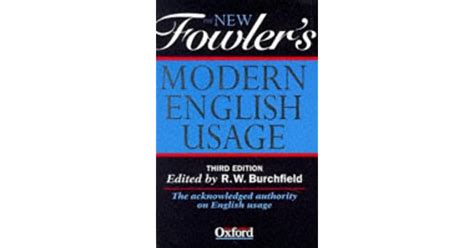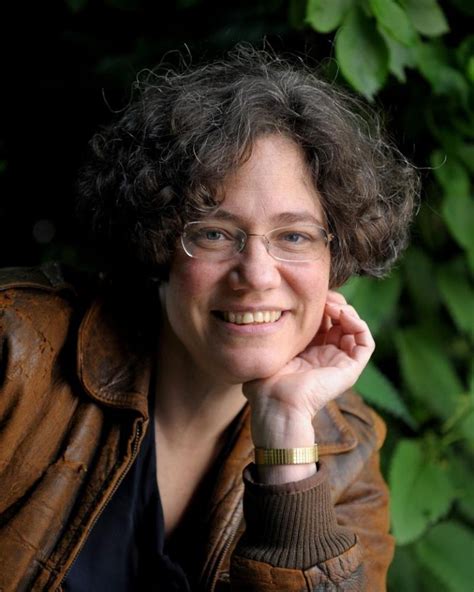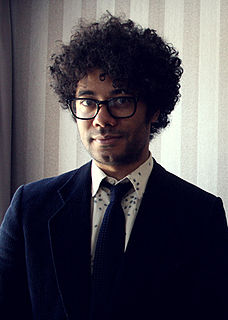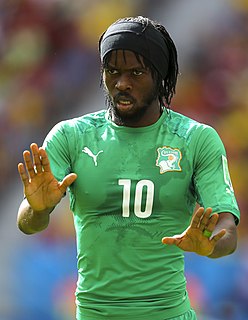A Quote by Satyadev Kancharana
I prefer being the protagonist.
Quote Topics
Related Quotes
We are being at once wisely aware of our own frivolity if we avoid hitting and whacking and prefer 'striking' and 'smiting'; talk and chat and prefer 'speech' and 'discourse'; well-bred, brilliant, or polite noblemen (visions of snobbery columns in the Press, and fat men on the Riviera) and prefer the 'worthy, brave and courteous men' of long ago.
I really loved ["The Love Affairs of Nathaniel P" by Adelle Waldman]. It's having a really hot moment. Unlike many hot books, it's actually really wonderful. I tend to have that reaction: I don't want to read it if everyone thinks it's cool. It was a really interesting insight into being young and male. Now that made me feel really thankful for my boyfriend and really thankful because he wasn't like that protagonist, but I know so many people who are like that protagonist.



































